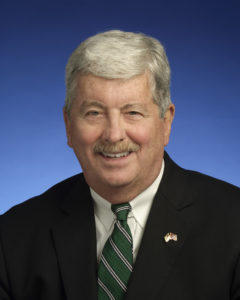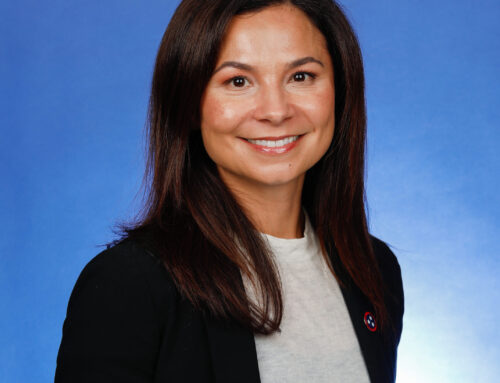Senate committee to hear report on public records exemptions
The Senate State and Local Government Committee is scheduled to hear a report on exemptions to the Public Records Act on Tuesday.
The House State Government Committee is also scheduled to hear the report at its Tuesday meeting.
Last year, Lt. Gov. Randy McNally (R-Oak Ridge) and House Speaker Beth Harwell (R-Nashville) asked the state’s Office of Open Records Counsel to conduct a comprehensive review of exemptions and produce a detailed list.
“In the interest of transparent and open government, we would like to review this list in order to remove or place in sunset at least some of the various exemptions,” McNally and Harwell said in their March 2017 letter.
About a decade ago, estimates put the number of exceptions to the Tennessee Public Records Act at about 350. Since then, the number has grown steadily but because they do not reside in one part of the Tennessee Code, it is difficult to get a good count.
New exemptions that make certain government documents confidential do not have an automatic sunset, as they do in some states. For example, Florida requires a sunset provision on all new exemptions to trigger review five years after passage, giving lawmakers a chance to make certain they are not unduly interfering with the public’s right to know about government business.
McNally was chair of a legislative Joint Study Committee on Open Government that 10 years ago produced a report with recommendations for statutory changes to improve access to records and meetings in Tennessee.
Part of the report recommended that the Office of Open Records Counsel and Advisory Committee on Open Government, both of which had been newly created, study whether to make new exemptions subject to sunset review. It also asked them to develop recommendations for a review of current exemptions that are vague, misunderstood or misconstrued “with a goal toward making the exemptions as specific as possible to avoid misuse or abuse.”
Those studies have not occurred, and the Advisory Committee on Open Government, comprised of 14 members equally balanced between citizen representatives and government agencies, has yet to meet either on their own or with the Office of Open Records Counsel to discuss those issues.
However, the new report compiled by the new Open Records Counsel Lee Pope could be a way to begin discussions.



